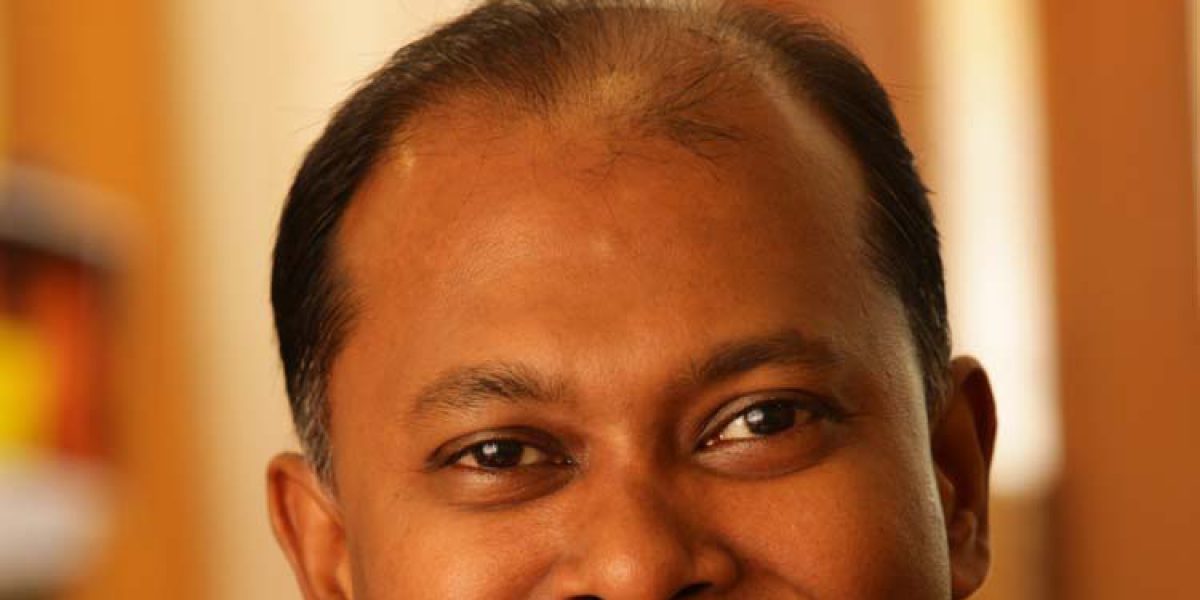Asia Pacific: from our director: women living in cities survive with resilience
10 September 2011|Bernard Hyacinth Arputhasamy, SJ

Asia Pacific, 10 September, 2011 – When I left her I was wondering how someone who has suffered and lost so much can still provide such warm hospitality to a stranger. She was petit woman living in a refugee settlement going about her daily chores, when I dropped by to visit her. After our chat, I thought to myself, “She lives with dignity despite having fled her country and seek refuge.” There were no visible signs of bitterness and anger, only a warm hospitality and cheerful ownership of her life in all its joys and sorrows. I see many women every day at our office in Bangkok as they wait to speak to our Urban Refugee Project staff. Some wait with young children, others alone. Some live in the city by themselves because their husbands are in Bangkok’s Immigration Detention Centre.
These women — from Sri Lanka, Pakistan and Congo and other African nations — are incredibly resilient and dignified but are living in an almost impossible situation, trying to survive in Bangkok.
Some women live in Bangkok for two or three years before they are resettled. Some women wait and are never recognized as refugees. While waiting, they are not allowed to work legally. Without Thai language skills or money their children are unable to go to school. They stay home every day anxiously hoping that they do not hear a knock on the door; it could be immigration authorities coming to arrest and detain them for overstaying their visas while waiting for their refugee cases to be decided.
They are not asking much, they have the same dreams and desires as the rest of humanity. They do not want to rely on financial assistance from NGOs. They would like to be treated with dignity. They want to live and work peacefully. They need the UN’s refugee agency (UNHCR) to recognise them as refugees and resettle them to a safe country.
However, reality is less kind to them. The rights that they long for seem distant. They are unable to work, at least according to the narrow confines of the law, which can leave women incredibly vulnerable. Women are at risk of being trafficked and trapped in the sex industry. They face double jeopardy; desperate for their safety and their children’s, they flee to another country where their safety is not guaranteed.
Muznah lives in Bangkok with her four children. She cannot return to Sri Lanka, and after being denied refugee status she receives no assistance. With no money or support she is unsure how to survive in this city while she appeals her case. All she can do is wait.
Bernard Hyacinth Arputhasamy, SJ
Regional Director JRS Asia Pacific

